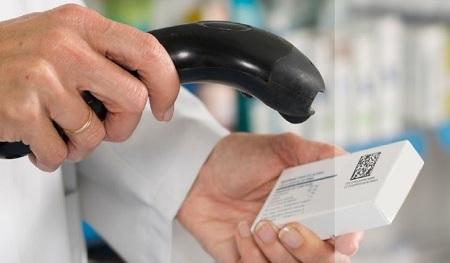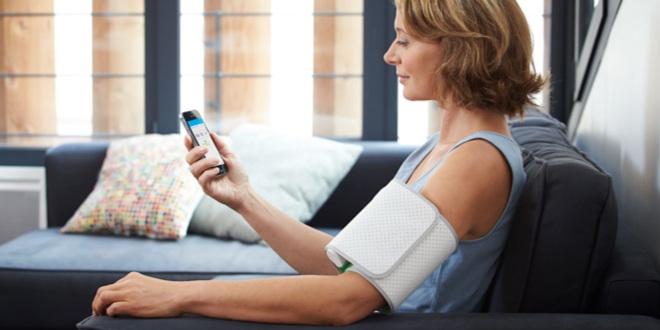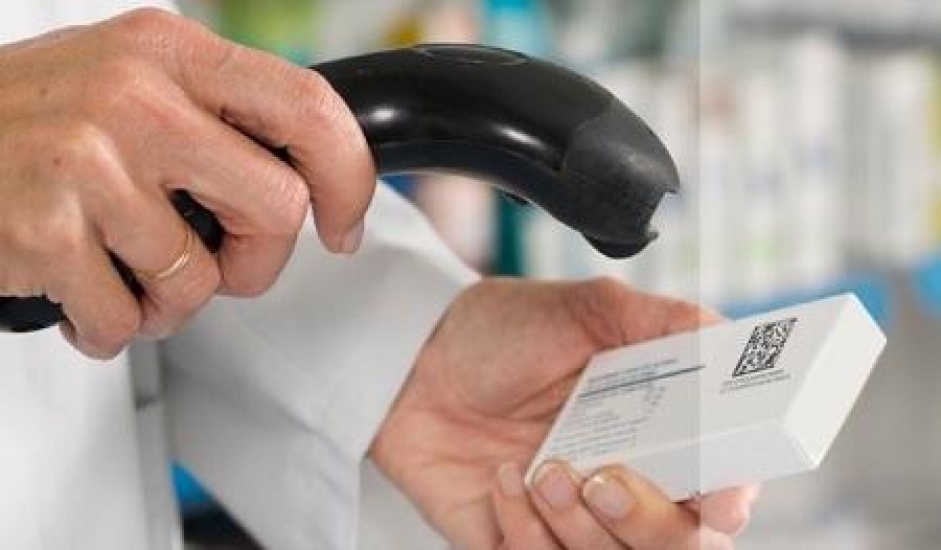Smart packaging for better traceability of medicines
Smart packaging helps to better monitor transport conditions and traceability of transported products across the entire logistical chain. It helps to fight against counterfeiting as well as ensure monitoring of the administration of treatments by patients.

The use of digital in the packaging of medicines
Three concrete examples for the use of digital in packaging:
- The Data Matrix has been compulsory in France on all packaging with marketing authorisation since 2011. It allows each individual involved to know the batch number of the box of medicine, its marketing authorisation number and its expiry date.
- The individual packaging of medicines is equipped with a unique medicine identifier (UMI). Distributers, wholesalers, pharmacists and patients can then verify the authenticity of the medicine thanks to a secure UMI database.
- RFID (Radio-Frequency IDentification) chips serve to identify actual consumption and help patients take better care of themselves. The chip records the date and time each pill is taken by patients, allows the reporting of adverse reactions, and beeps as a reminder of the administration times. This technology is still expensive, so for the moment it remains reserved for very specific uses such as clinical trials.
Connected objects to secure transport via the cold chain
All sectors are moving towards a connected world to secure the supply chain of medicines. No less can be said about transport: ships equipped with connected containers to ensure real time monitoring of transport, smart systems for monitoring the location of carriages for rail transport, etc.
Mobile apps to support the patient: welcome to the heart of e-health

Connected health: mobile apps for patients
People with diabetes were the first to benefit from apps tailored to their needs: insulin dose calculation according to physical activity and diet, remote transmission of results to GP’s, etc. Diabetes is a restrictive disease and demand from patients is high.
There are apps for many other conditions, especially chronic diseases which require monitoring (asthma, allergies, etc.). Apps are often developed by pharmaceutical laboratories themselves and dedicated to conditions that they treat. They allow patients to monitor their treatment, get advice but also talk to other patients. A good way to alert patients about the sensitivity of their treatment and inform them on how to store heat-sensitive medicines.
In the next article we will see that the professionals themselves are also very connected: 58% of doctors use health apps on their mobile phones and 18% recommend them to patients! (4th Vidal barometer on the use of smartphones by doctors, March 2016). Connected health is just at its beginning.
